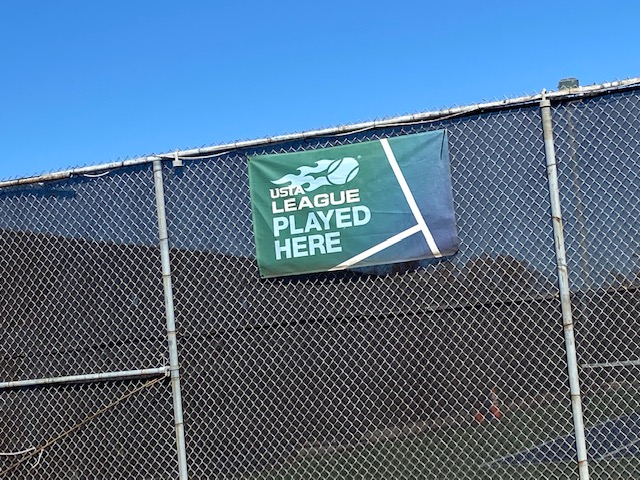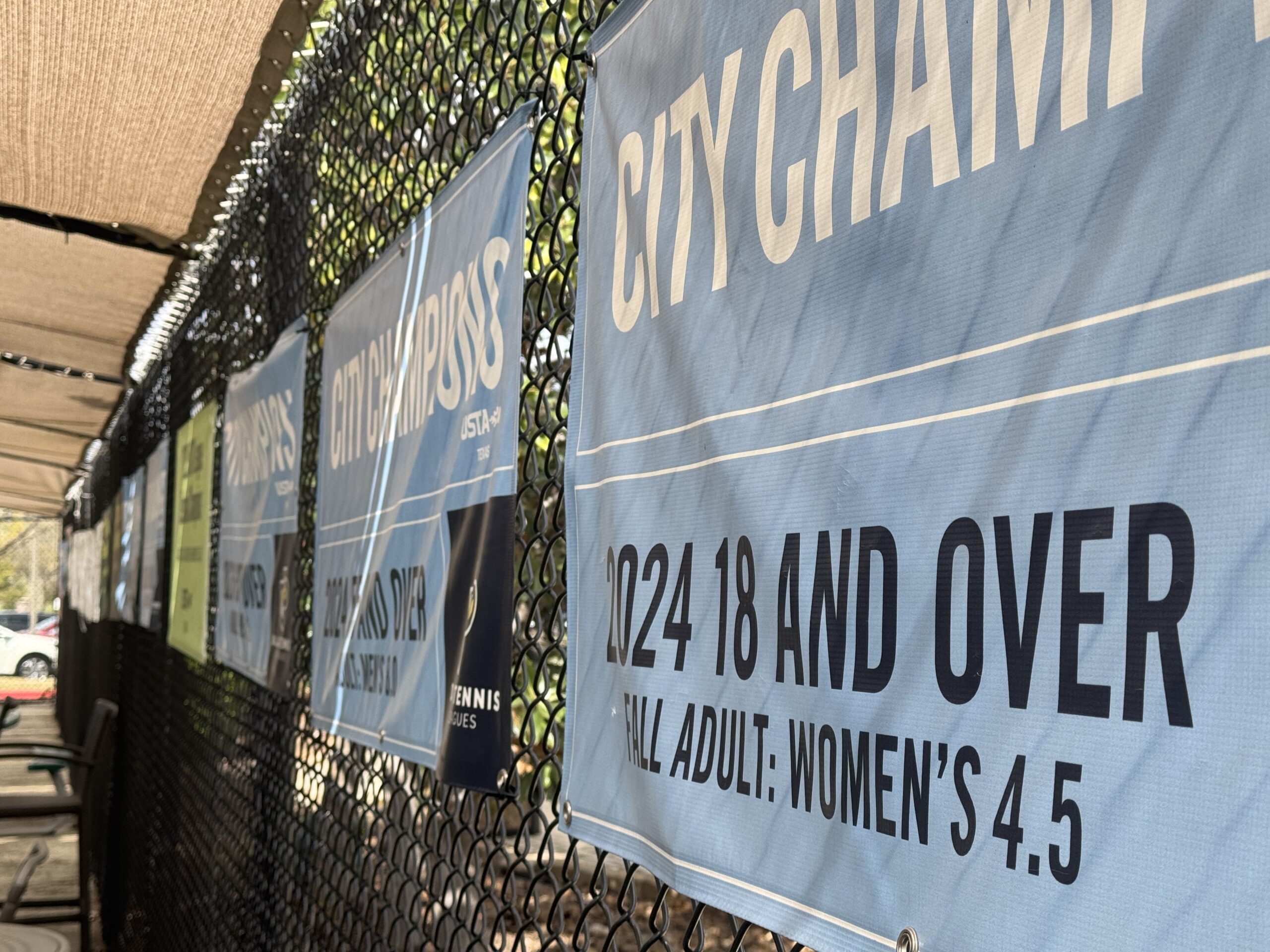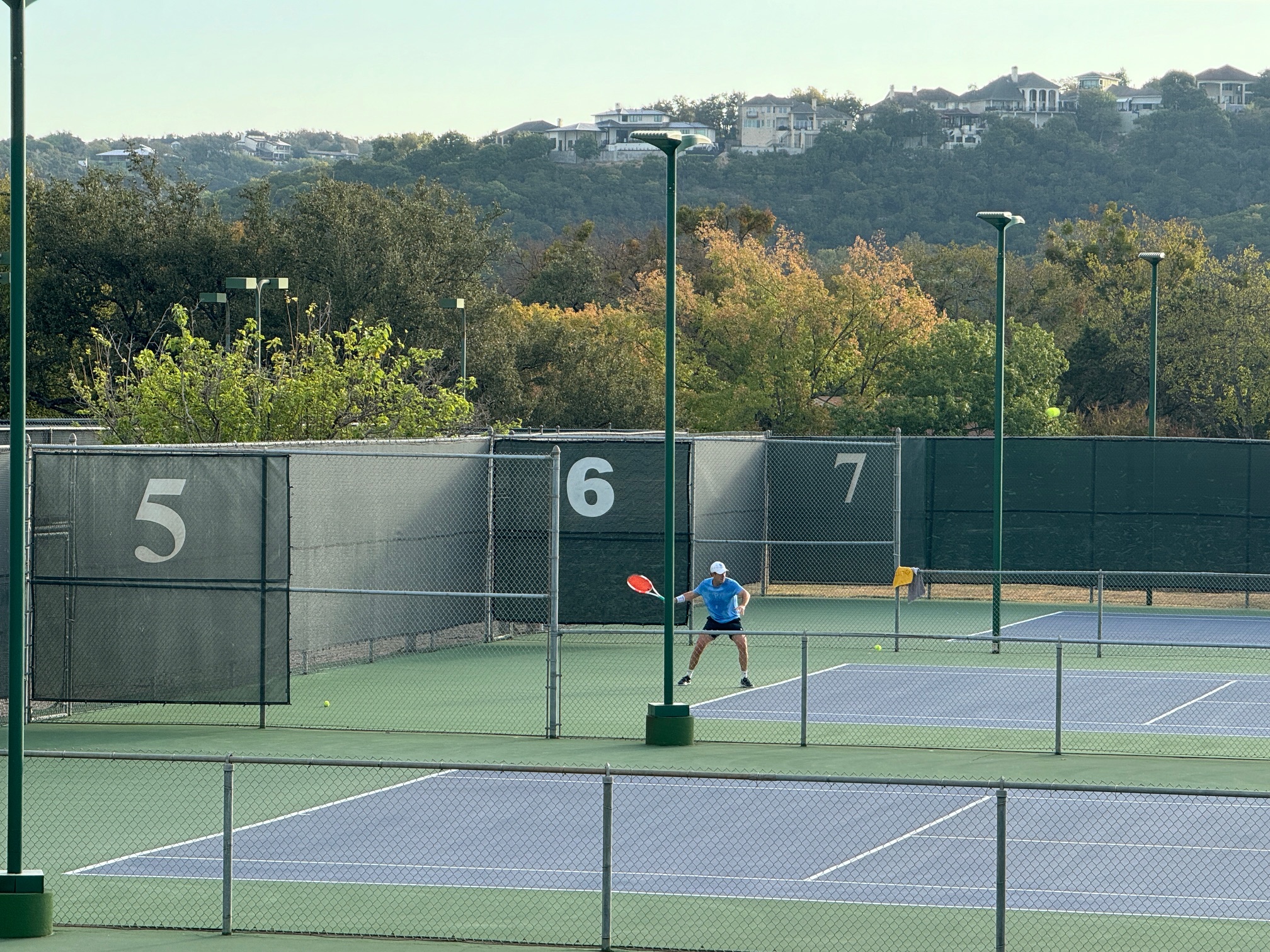Miyu Kato has told several media sources that her appeal of the events described in “The Miyu Kato Disqualification Saga” was unsuccessful. Consequently, Kato’s women’s doubles ranking points and prize money from her French Open disqualification will definitively not be restored. To add insult to injury, she was also levied with an undisclosed fine. The Grand Slam Board has yet to publish any official statement, and probably never will.
This travesty is the perfect opportunity to explore what the Grand Slam Rulebook says about the appeal process. It is complex. There are two types of appeals outlined in the Grand Slam Rulebook. “On-Site Decisions and Appeals” are defined in Article I.U. That is what ostensibly occurred on the court during the match.
On-site decisions and appeals fall into two basic categories. The first of these is a Question of Fact which is defined within the Grand Slam Rulebook as follows.
A Question of Fact is defined as an issue relating to what actually occurred during a specific instance. Questions of Fact arising during a match shall be determined by the on-court officials for that match and such determinations are binding on the players and Referee.
2023 Grand Slam Rulebook, Article I General, Section U On-Site Decisions and Appeals, Subsection 1 Questions of Fact.
A couple of good examples of Question of Fact decisions occurred during the point immediately before the one where Kato was disqualified. When the umpire came down from the chair and determined that the ball mark was in, that is a Question of Fact decision. Additionally, when the chair official awarded that point to Sara Sorribes Tormo and Marie Bouzková, the (incorrect) determination that the overruled “out” call came after Kato had struck the ball, was another Question of Fact.
The second category of appeal is a Question of Tennis Law. That is also defined in the Grand Slam Rulebook.
A Question of Tennis Law is defined as an issue relating to the construction and application of specified facts of these Grand Slam Rules, Grand Slam Code of Conduct and/or the Rules of Tennis. During a match, Questions of Tennis Law shall first be determined by the Chair Umpire. If the Chair Umpire is uncertain or if a player appeals from his determination, then the decision shall be made by the Referee. The decision of the Referee in consultation with the Grand Slam Chief of Supervisors shall be final and non- appealable.
2023 Grand Slam Rulebook, Article I General, Section U On-Site Decisions and Appeals, Subsection 2. Questions of Tennis Law.
A Question of Tennis Law is all about the rules that apply, given specific facts. Debating whether a point could be awarded to either team, under the circumstances of that previous point, would be a Question of Tennis Law. However, the rules clearly allow the point to be granted, so that would be a losing argument.
I re-watched this part of the match to make sure I had a clear handle on the sequence of events after Kato’s ball struck the ball girl. Alexandre Juge, the Chair Umpire, audibly issued a Code Violation Warning against Kato. It was unintelligible whether he stated that it was for Abuse of Balls, but that is the likely reason.
I want to briefly revisit that because apparently, there was some confusion over “The Miyu Kato Disqualification Saga” when I stated that Kato was absolutely not disqualified for Abuse of Balls. That is because disqualification is not a potential consequence for that infraction listed among the potential penalties for that rule.
The definition of Abuse of Balls is “hitting a ball dangerously or recklessly within the court or hitting a ball with negligent disregard of the consequences.” If Kato’s ball had not struck the ball kid, then an Abuse of Balls warning would have been questionable and likely not called. However, since it did, the call and the warning were justified.
As an interesting aside, Article III: Player On-Site Offences, Section N Abuse of Balls does allow that a “Violation of this Section shall subject a player to fine up to $20,000 for each violation.” Kato was likely fined for Abuse of Balls.
The fact that Kato was disqualified definitively means that the Referee decided that Section R, “Unsportsmanlike Conduct,” had occurred and that it was also so flagrant that it also constituted “Aggravated Behavior.” That verbiage was outlined in “The Miyu Kato Disqualification Saga.” That doesn’t mean that I think she should have been disqualified, but rather I am just highlighting the rule that was invoked.
What Are the Rules on Appeal?
The Grand Slam Rulebook defines Multiple types of appeals based on the nature of the infraction. Each of those has its own set of procedures. I believe that Kato’s appeal was most likely filed under “On-Court Incidents.” If so, the following text would apply.
Any player convicted of a violation of a Player On-Site Offence may, after paying all fines, appeal to the Executive Director, GSB, or his or her designate for review of the determination of guilt and penalty therefor. Such Notice of Appeal shall be in writing and filed by 5.00 p.m. G.M.T. with the Executive Director, GSB or his or her designate, within ten (10) days after the last day of the event. Attached to and included with such Notice of Appeal shall be a statement by the player as to the facts and circumstances of such incident along with any other evidence that the player desires to submit.
Upon receipt of such an Appeal, the Executive Director, GSB or his or her designate, shall conduct a reasonable investigation of the facts and circumstances surrounding such incident and shall affirm or reverse in whole or in part the determination of the Referee. In the event of a whole or partial reversal the Executive Director, GSB or his or her designate, shall remit to the player all or part of the fines collected in accordance with the disposition of the appeal.
The decision of the Executive Director, GSB or his or her designate is final and non- appealable.
2023 Grand Slam Rulebook, Article III: Player On-Site Offences, Section X, Appeals
The reason I think Kato’s appeal was filed for an On-Site Offense is basically due to the timeline. The procedures for an appeal that falls under Article IV: Player Major Offenses are very complex and time-consuming. If the Major Offenses appeal process had been executed, I don’t think that Kato would know the result of her appeal yet.
If Kato’s appeal was filed with the claim that the ball that struck the girl did not constitute Abuse of Balls, that is a Question of Fact. The rules clearly state that a Question of Fact cannot be appealed, so that would result in a speedy rejection from the Grand Slam Board.
Consequently, a serious appeal would have been based on a Question of Tennis Law. Specifically, Kato may have claimed that the Abuse of Ball warning should not have triggered Unsportsmanlike Conduct or Aggravated Behaviour penalties.
Unless it has changed very recently, the Grand Slam Board Executive Director responsible for processing the appeal is Ugo Valensi of France. I think it would be naive to assume that he doesn’t have at least a passing relationship with the Referee from the French Open, Remy Azemar. Consequently, the fact that Kato’s appeal was denied is sadly unsurprising.
This case sets a terrible precedent for all of professional tennis. Any player who taps a ball to assist the ball kids once a point is over is at risk of disqualification if that ball is mishandled. In fact, the players should uniformly band together and refrain from helping out the ball kids in protest.
Additionally, my second review of the on-demand broadcast of this incident reinforced my belief that Sara Sorribes Tormo and Marie Bouzková behaved reprehensibly. They subsequently claimed that they acted out of concern for the ball girl, who they thought was bleeding. However, they didn’t approach her to check on her welfare. Instead, they went directly to the umpire to immediately ask for disqualification.
That provides an additional angle of potential appeal. The umpire only issued the warning to Kato after Sorribes Tormo and Bouzková complained that the ball kid had been struck. That gives the appearance that they convinced him to issue the warning. Additionally, It was only after they complained, “This is default,” did he decide to check on the ball girl himself. That gives the appearance that all calls, and most certainly the escalation, were a result of Sorribes Tormo and Bouzková’s lobbying of the umpire. Umpires aren’t allowed to let players influence their decisions.
I think this is a better basis for appeal, but one that is still highly unlikely to prevail. In the ensuing “reasonable investigation of the facts and circumstances,” the chair umpire and the referee would both certainly assert that they were not influenced by the players. To say otherwise would likely disqualify them from officiating in those roles in the future.
It would be nice if the paperwork for the appeal, as well as a written explanation of why it was denied, was made public. Unfortunately, it is all shrouded in a veil of secrecy. In fact, we would not know that Kato had officially appealed and that it had been denied without her public comments.
There are many areas where more transparency would be a benefit to the sport. This is definitely one of them.
- Disqualified French Open star loses appeal and gets fined for hitting ball girl, The Express, June 15, 2023.
- 2023 Official Grand Slam Rulebook, International Tennis Federation, viewed January 1, 2023.



